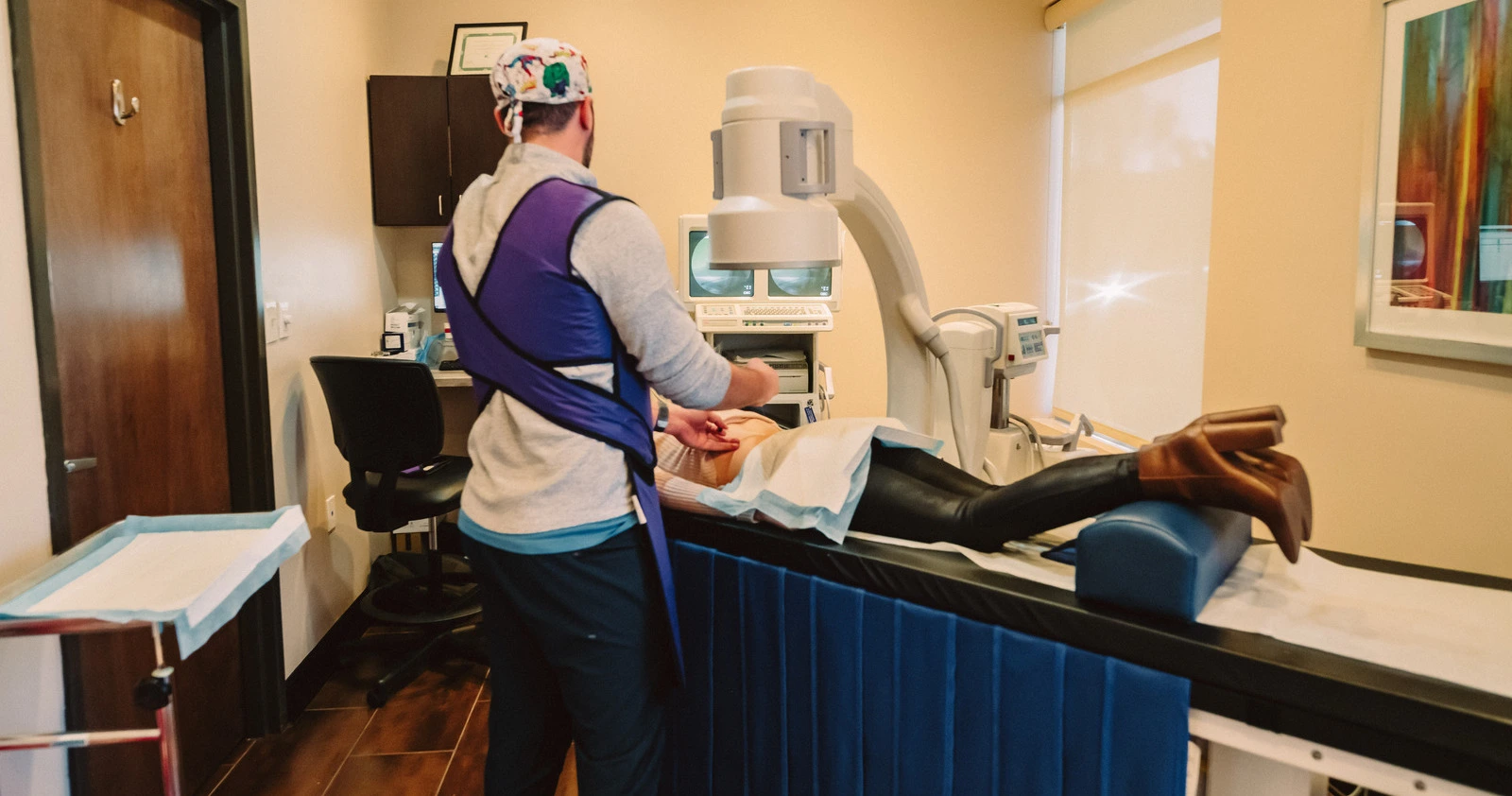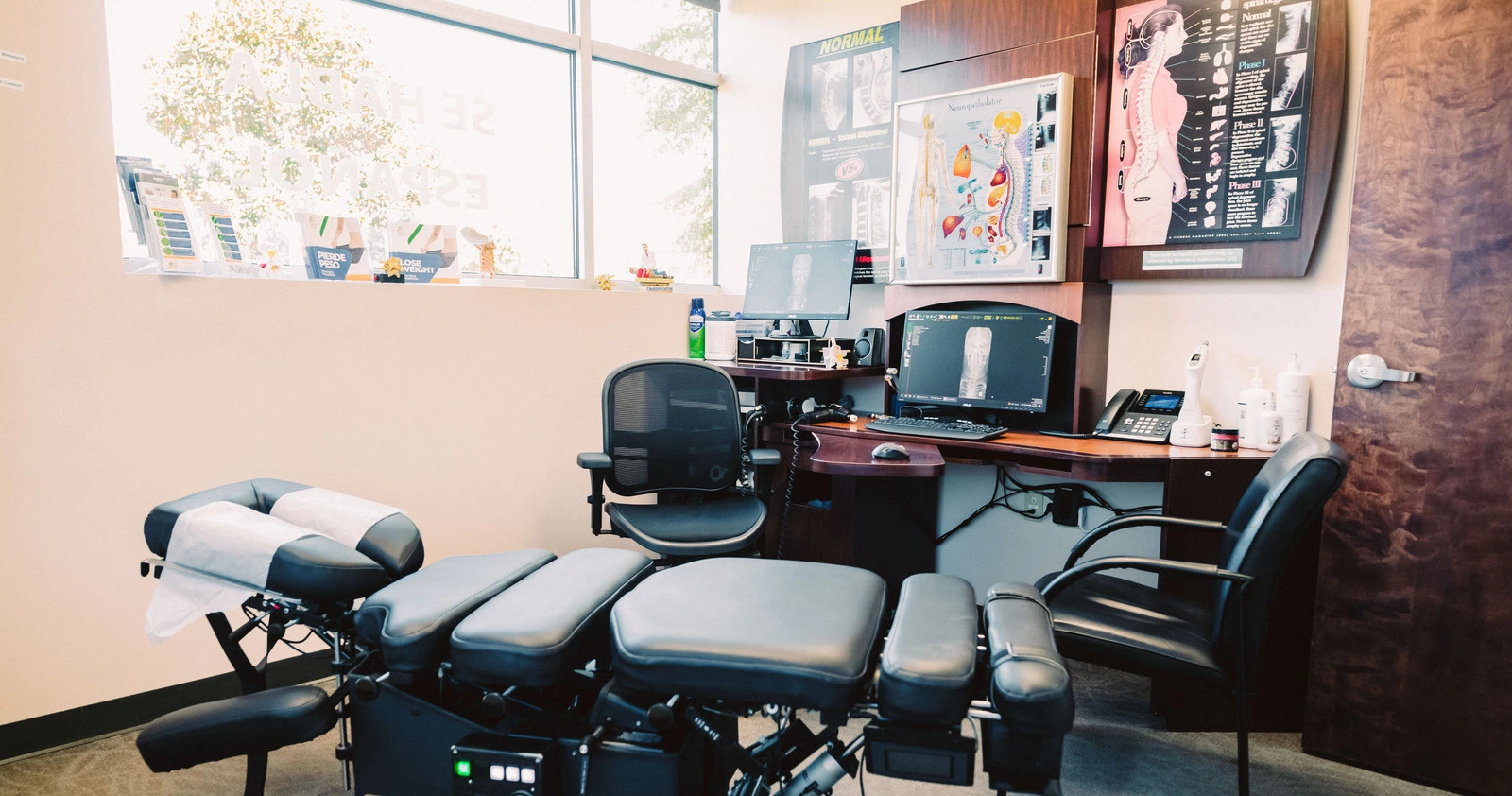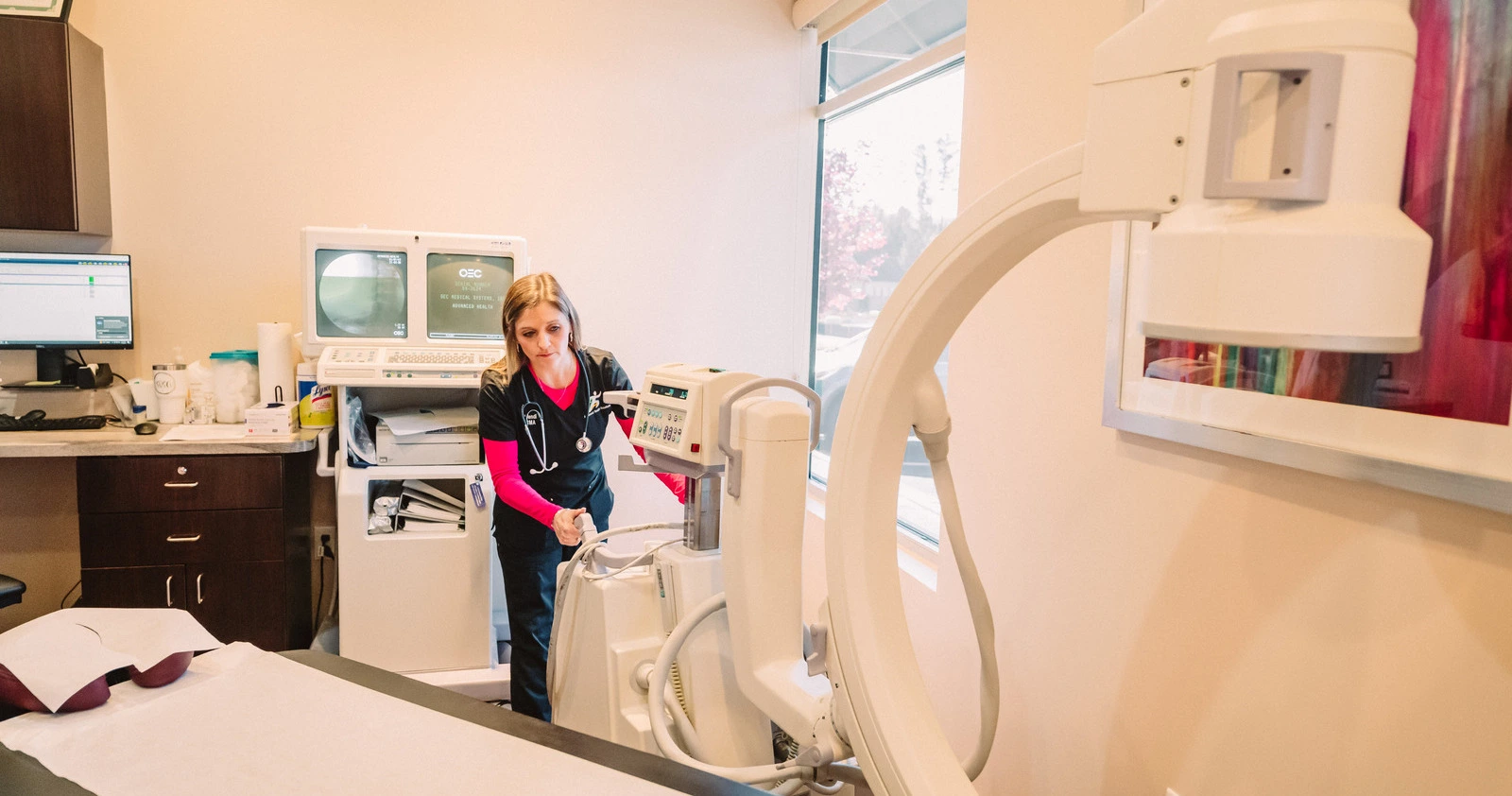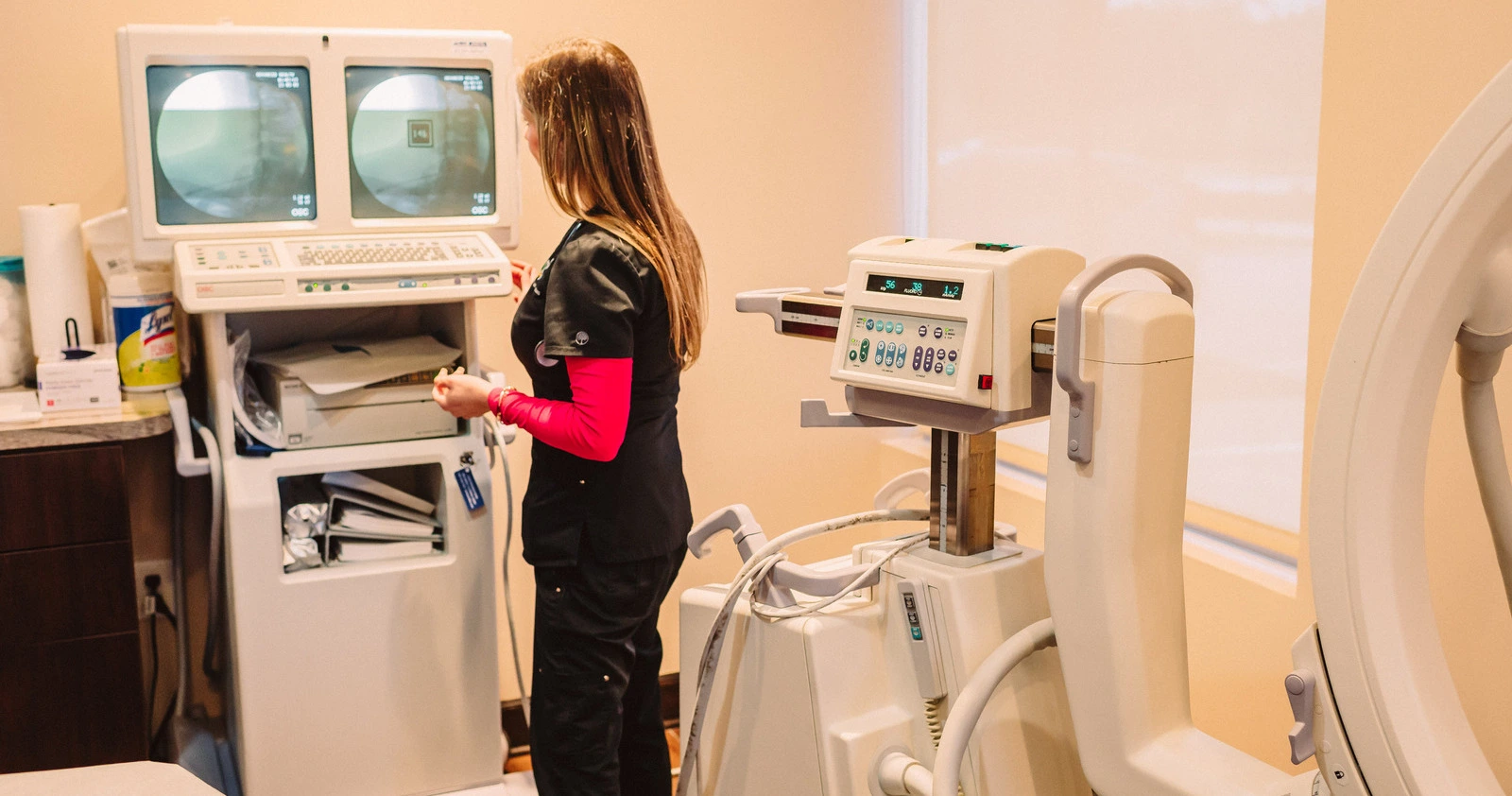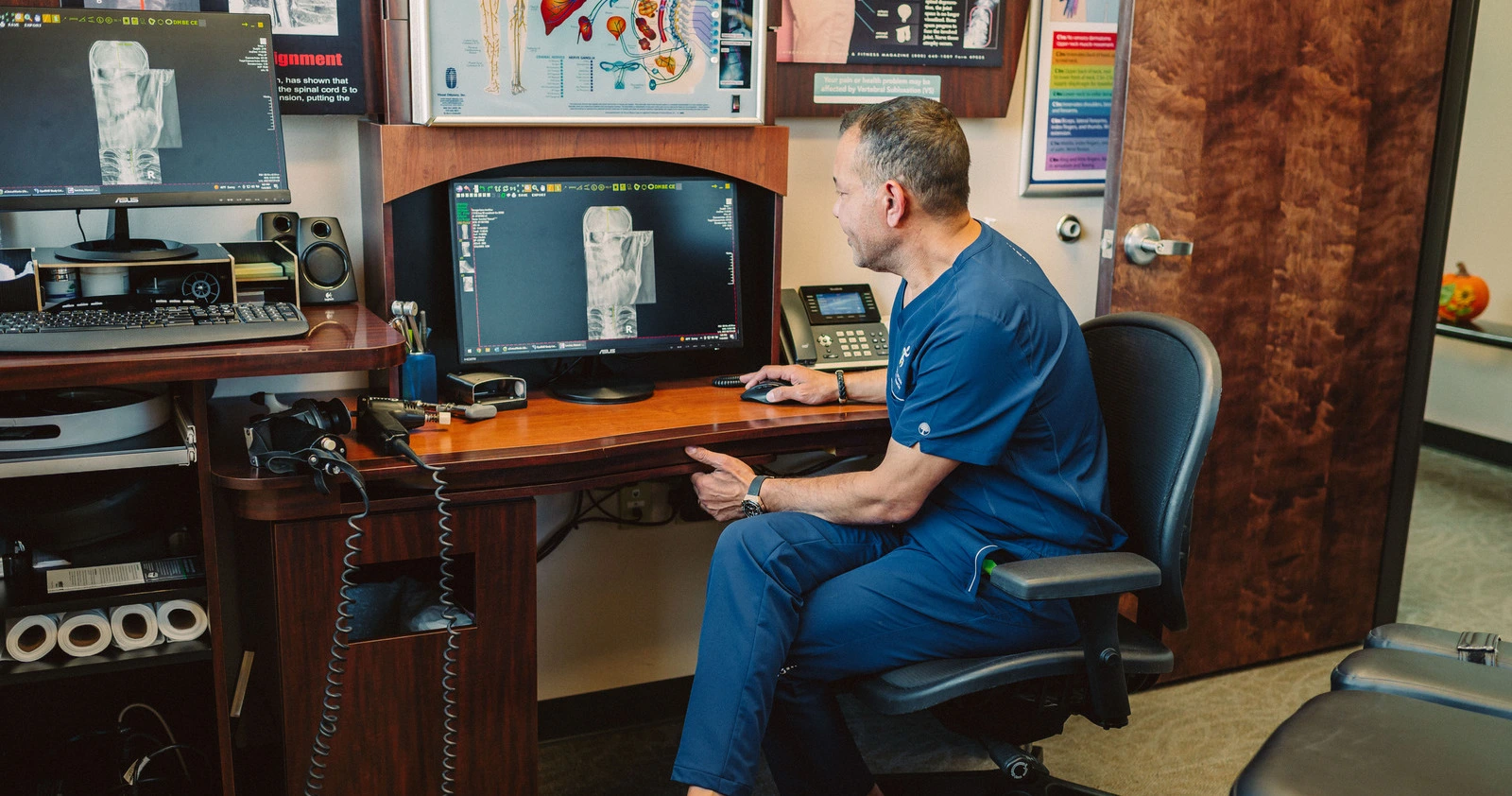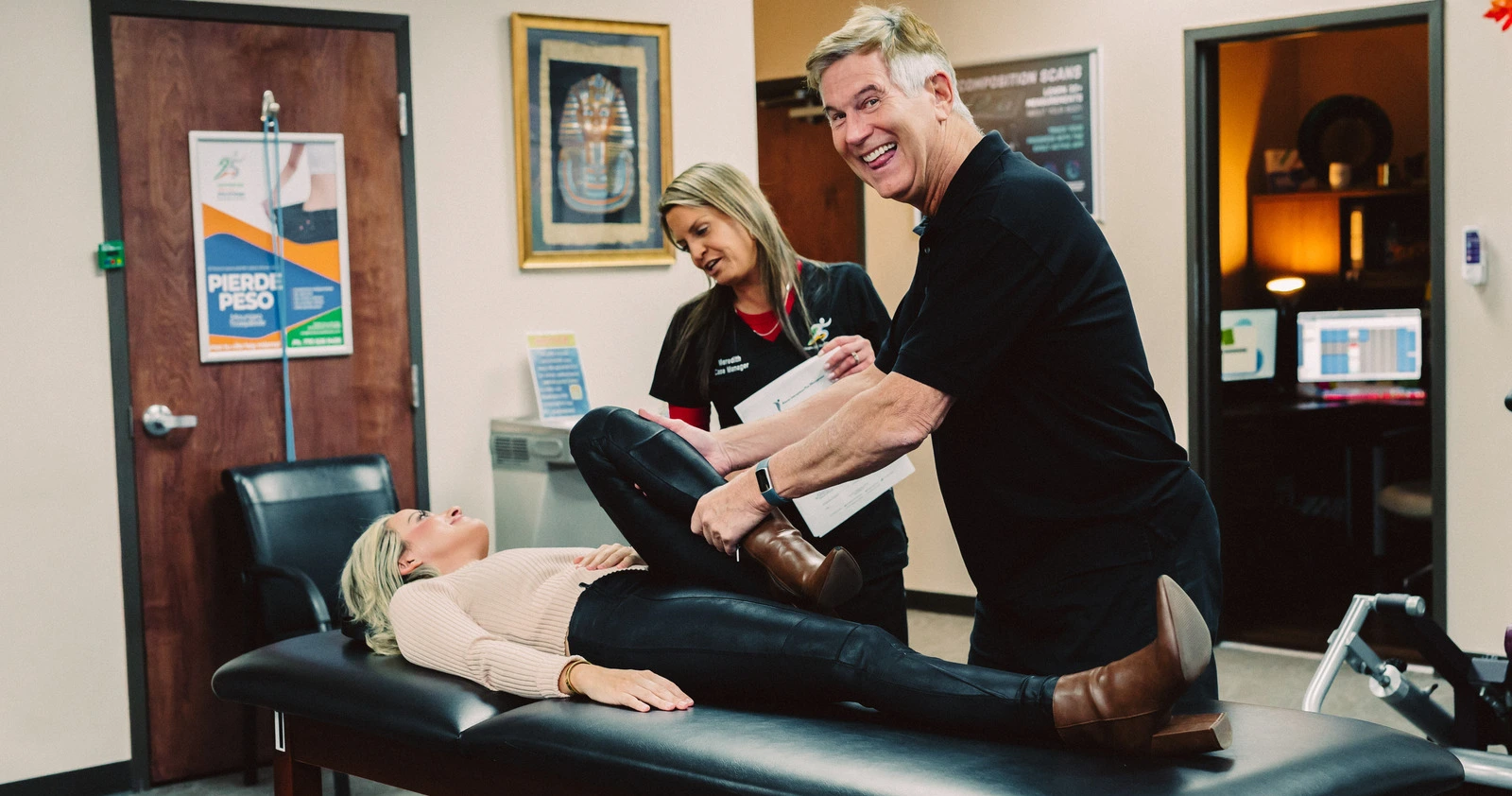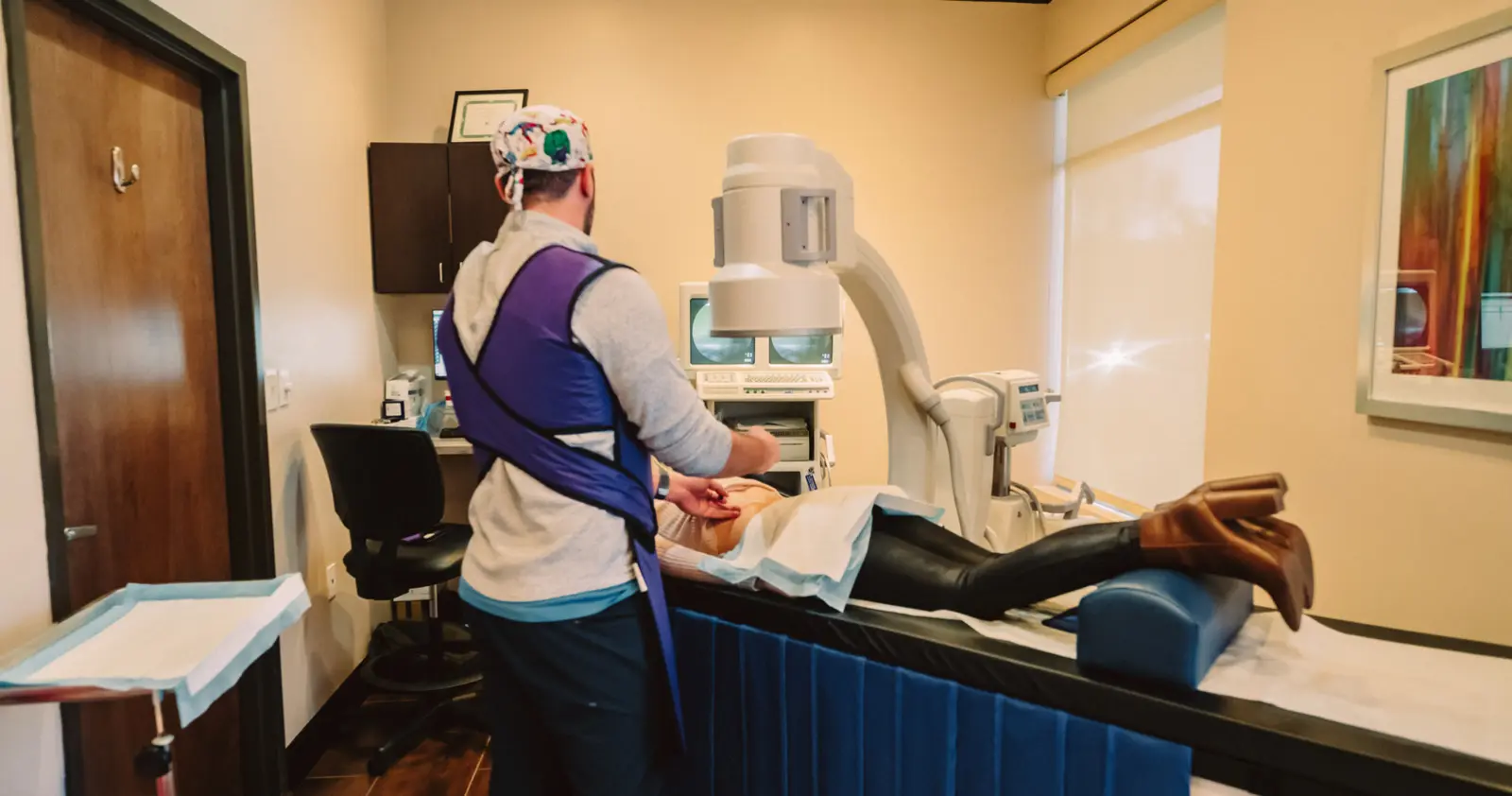
Food Allergies
Almost everyone has a food allergy or food intolerance at some point in their life. One out of three people either have a food allergy or they have had to modify their diet because a loved one is suspected of having a food allergy; however, only 5% of the children population and 4% of the total adult population actually have food allergies. What is the reason for the difference between the 33% and the 4%? It’s because the other 29% have what’s called food intolerance.
A food intolerance, or hypersensitivity, results when the immune system negatively reacts to a certain type of food. The digestive system simply cannot process the food, and unfortunate symptoms result. Food allergies and intolerance can affect any age, gender and race equally. They can cause unknown symptoms and wreak havoc on your body and disrupt your life. In worst cases, they can result in death. It’s important to know what foods you are allergic to, and allergy testing is one way to accomplish that.
Health Problems Linked to Food Allergies and Food Intolerance
- Migraines
- Fatigue
- Weight Gain/Loss
- Aching Joints
- Gastrointestinal Disorders
- Cardiovascular Disease
Testing for Food Allergies
ALCAT Test:
The ALCAT (Antigen Leukocyte Antibody Test) test is a minimally-invasive lab test in which the white blood cells are subjected to various substances including food, molds, herbs, chemicals, additives and many other things; subsequently, the patient’s response determines to identify which items trigger a reaction in a person. The test classifies the response as “reactive”, “borderline” or “non-reactive”. In the case of food allergies, the diet can be adjusted according to the outcome of the test. Studies show this test to be 83.4% accurate with foods and 96% accurate with chemicals. Georgia Spine and Disc will use this minimally-invasive test to determine what you should eliminate from your diet to prevent and alleviate your reaction symptoms.
Skin Testing:
There are three types of skin tests used to determine allergic reactions.
1) Skin prick test – A drop of solution with an allergen is placed on the skin, and a series of needle pricks allows it to enter the skin. If the skin develops a reaction, typically a red and itchy area (called a wheal), it means the person is allergic to that specific food.
2) Intradermal test – This is used when a substance doesn’t cause a reaction in a skin prick test but is still suspected of causing allergic reactions. A small amount of the allergen solution is injected directly into the skin, causing the test to be more sensitive than the skin prick test.
3) Skin patch test – The allergen is placed on a pad, which is then adhered to the skin. This test is typically used to determine sources of contact dermatitis.
Blood Tests:
These are typically used for people who, for some reason, cannot have skin tests.
1) ELISA (Enzyme-linked immunosorbent assay) measures the blood level of an antibody called immunoglobulin E that the body may make in direct response to an allergen.
2) RAST (Radioallergosorbent testing) – may be used in place of the ELISA test.
Talk to your allergist and determine which test is right for you. Contact Georgia Spine and Disc for a consultation now.


